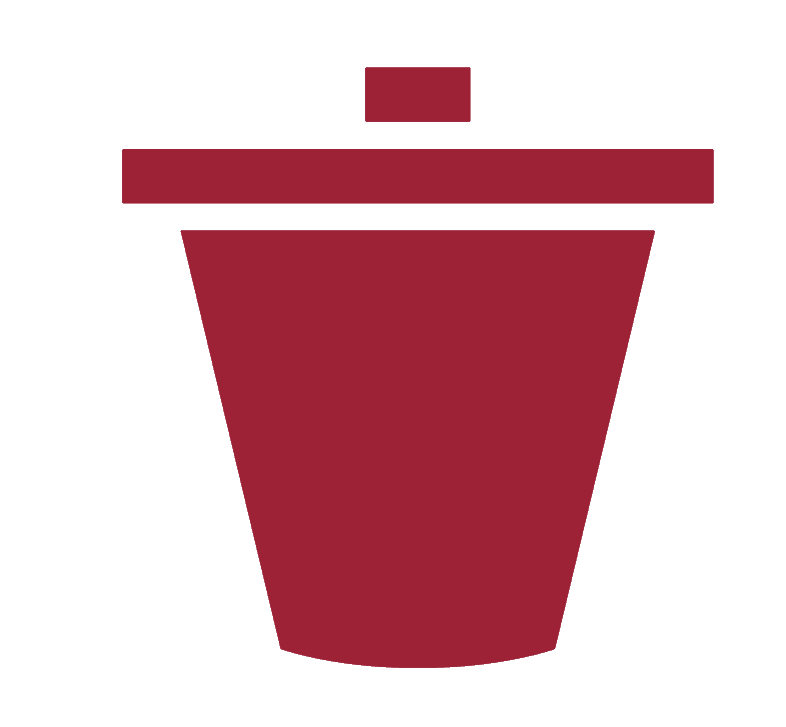Faeces, urine, vomit and/or blood

Potential infection risk guideline
You may come into contact with blood and/or body fluids during routine care, and these should all be considered potentially infectious. Viruses/bacteria (germs/bugs) in saliva, urine, faeces, or blood can be passed to another person via cuts or abrasions, or through the mucous membranes of the mouth and eyes. Not all contact will become a spillage, but in the case of unexpected spills see the page on management of blood and body fluid spillages for more detailed information.
By following these Standard Infection Control Precautions you can minimise infection risks to yourself and others.
Scenario: Mr. Russell has a long-term urinary catheter in situ. During the process of emptying his catheter bag, there is some splashing of the contents onto yourself and the floor.
What Standard Infection Control Precautions should I use?
For detailed instruction on how to apply these Standard Infection Control Precautions, please see the links below.
 Hand hygiene
Hand hygiene Personal protective equipment
Personal protective equipment Safe management of blood and body fluid spillages
Safe management of blood and body fluid spillages Safe disposal of waste (including sharps)
Safe disposal of waste (including sharps) Occupational safety: prevention and exposure management (including sharps)
Occupational safety: prevention and exposure management (including sharps) Safe management of care environment
Safe management of care environment Safe management of linen
Safe management of linen Safe management of care equipment
Safe management of care equipment Resident/person placement
Resident/person placement Respiratory and cough hygiene
Respiratory and cough hygiene